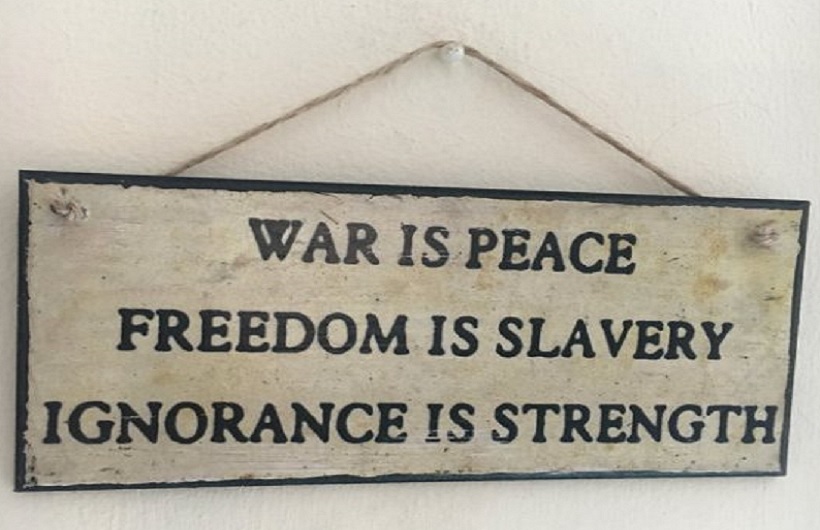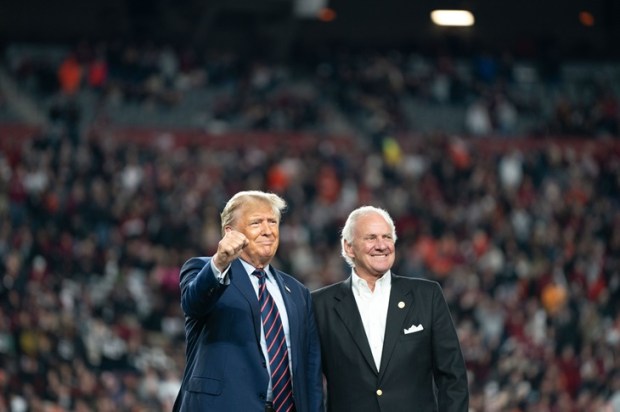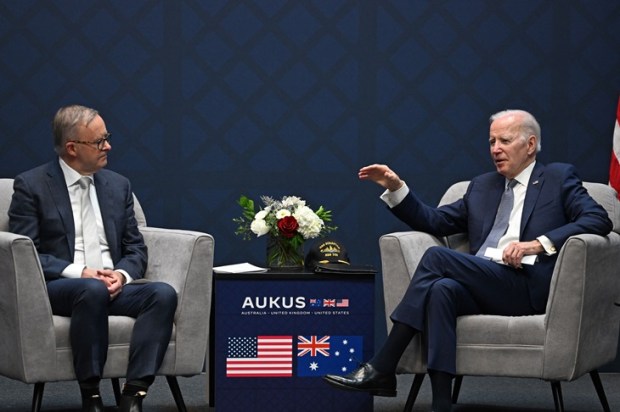I know it’s become hackneyed, overused, and almost now cliché, but the following political slogan—by ‘The Party’— from George Orwell’s dystopian classic, 1984, is just pertinent as ever:
Who controls the past, controls the future.
Who controls the present, controls the past.
Just consider the latest example of Newspeak, currently being taught—and subsequently enforced—by the University of NSW clarifying the officially approved use of “Indigenous Terminology”.
Already a subscriber? Log in
Subscribe for just $2 a week
Try a month of The Spectator Australia absolutely free and without commitment. Not only that but – if you choose to continue – you’ll pay just $2 a week for your first year.
- Unlimited access to spectator.com.au and app
- The weekly edition on the Spectator Australia app
- Spectator podcasts and newsletters
- Full access to spectator.co.uk
Or


























Comments
Don't miss out
Join the conversation with other Spectator Australia readers. Subscribe to leave a comment.
SUBSCRIBEAlready a subscriber? Log in